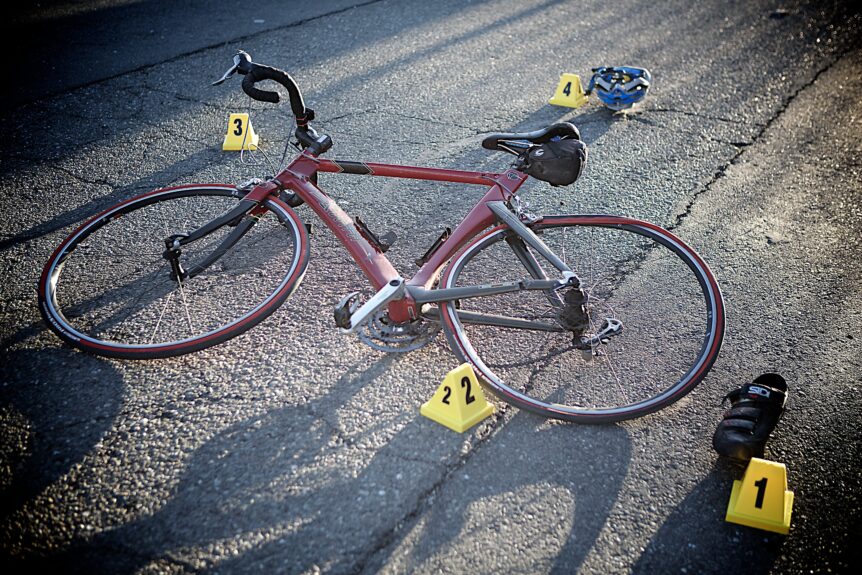What Education Does A Crime Scene Cleaner Need?
Crime scene cleaning, also known as biohazard remediation, is a specialized profession that requires knowledge of hazardous materials handling, safety protocols, and proper cleaning techniques. Cleaning up after a crime or traumatic event can be a difficult and dangerous task, and it takes a special kind of training and education to do it properly. If you’re considering a career in crime scene cleaning, you must understand the education and training requirements needed to succeed.
At Caring Cleanup, we specialize in biohazard and crime scene cleanup. We take pride in our work and understand the importance of proper education and training. Our team members receive professional training and ongoing education to ensure safety and quality workmanship.
So, what education do you need to be a crime scene cleaner? The answer depends on where you live and work. In the United States, there are no specific educational requirements to become a crime scene cleaner. However, most employers will require a high school diploma or equivalent, and many prefer some level of post-secondary education.
Some crime scene cleaning companies may require a college degree in a related field, such as forensic science or microbiology. These degrees can provide a solid foundation in the knowledge and skills necessary for a career in crime scene cleaning. However, a college degree is not always necessary, and there are many other educational paths you can take if you want to become a crime scene cleaner.
Many crime scene cleaning companies offer on-the-job training to their employees. This training typically covers a wide range of topics, including:
- The proper handling of hazardous materials: This includes the use of personal protective equipment, proper storage and disposal of biohazardous materials, and other safety protocols.
- Cleaning techniques: This includes knowledge of cleaning agents, tools, and equipment used in crime scene cleaning.
- The legal and regulatory environment: This includes knowledge of state and federal regulations regarding the handling and disposal of biohazardous materials.
- Effective communication and counseling: Crime scene cleanup can be an emotionally challenging job, and it is important for crime scene cleaners to be able to communicate effectively with clients and provide appropriate support and counseling.
At Caring Cleanup, we place a premium on the education and training of our employees. We offer comprehensive on-the-job training to ensure that our team members have the skills and knowledge necessary to perform their jobs safely, effectively, and compassionately. Our team members receive ongoing education and professional development opportunities to stay current with the latest techniques and technologies in the field.
In addition to on-the-job training, there are several professional organizations and courses that provide education and training in biohazard remediation and crime scene cleaning. These organizations offer classes and certifications in topics like bloodborne pathogens, biohazardous waste management, and communicable disease control. Examples of these organizations include:
- The American Bio-Recovery Association (ABRA): ABRA is a non-profit organization that provides education and certification in biohazard remediation. They offer courses in bloodborne pathogens, hoarding, meth lab cleanup, and more.
- The National Institute of Decontamination Specialists (NIDS): NIDS is an organization that provides training and certification in biohazard remediation. They offer courses in crime scene cleaning, hoarding, meth lab cleanup, and more.
- The Occupational Safety and Health Administration (OSHA): OSHA provides standards and training for hazardous materials handling. Their courses cover topics like bloodborne pathogens, chemical hazards, and personal protective equipment.
At Caring Cleanup, we encourage our team members to pursue professional development opportunities like these to stay up-to-date with the latest trends and techniques in biohazard remediation. We believe that continuing education and training is essential to providing the highest quality services to our clients.
In conclusion, becoming a crime scene cleaner doesn’t require a specific educational background. However, a high school diploma or equivalent is generally required, and many employers prefer some level of post-secondary education. On-the-job training is also available, and many crime scene cleaning companies provide comprehensive training to their employees. Professional organizations and courses can provide additional education and training in biohazard remediation and crime scene cleaning. At Caring Cleanup, we believe that education and training are essential to providing the highest quality services to our clients, and we encourage our team members to seek out professional development opportunities to continue their education and improve their skills.

